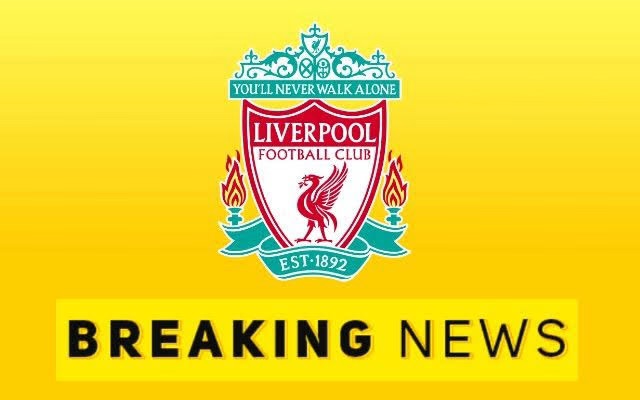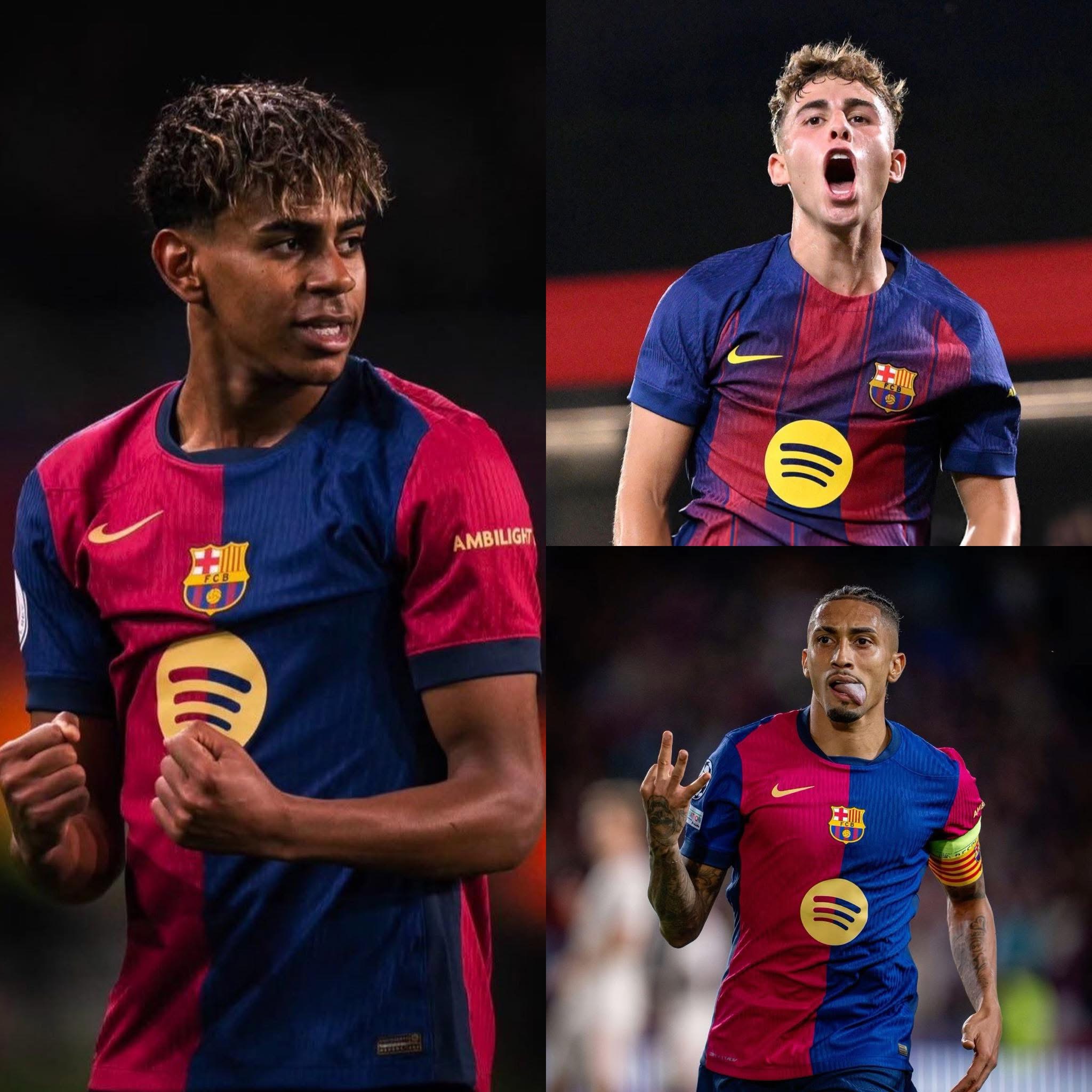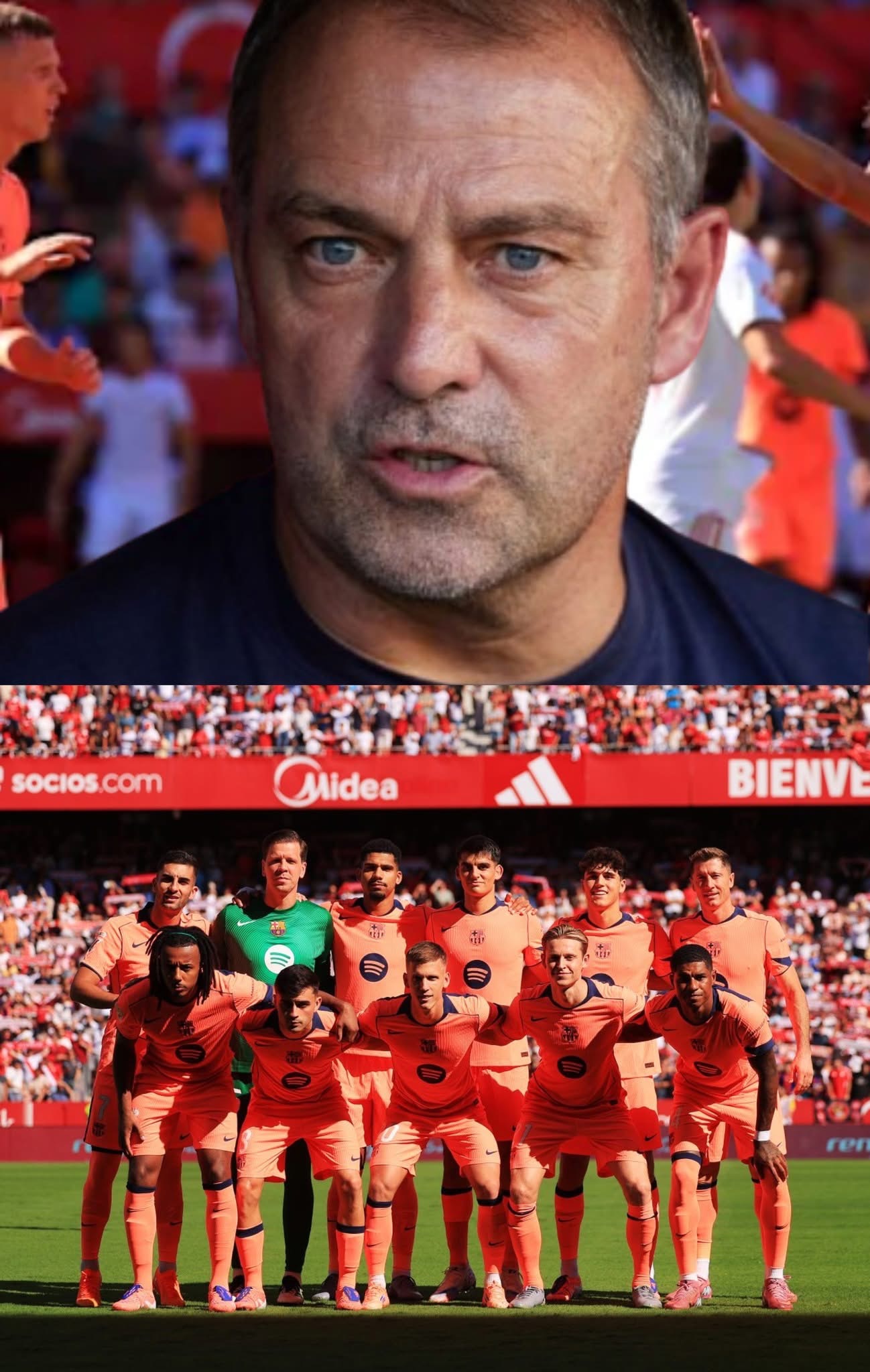At exactly 20 minutes and 20 seconds, Anfield experienced a moment that transcended the sport. The ball found its way to Jeremie Frimpong on the right flank, far from what most would consider a scoring position. With barely any room to manoeuvre, the angle looked absurd — the kind that defenders are happy to concede because it usually leads to nothing. But Frimpong saw something no one else did.
He steadied himself, his eyes narrowing on the smallest possible gap between the goalkeeper and the near post. In that split-second decision, instinct took over. He unleashed a blistering strike — not just hit with power, but with precision, curve, and intent. The ball seemed to defy logic, swerving through the air as if it had its own destiny mapped out. It crashed into the net with a satisfying thud, the sound swallowed instantly by the eruption of noise from the stands.
Yet the noise wasn’t just the usual roar of celebration. At that precise moment, the Liverpool faithful were on their feet, applauding in unison. This wasn’t applause for a play or a substitution — it was a deeply emotional tribute to Diogo Jota . The applause had already been echoing like a heartbeat around the stadium, a collective gesture of respect and love for a player whose presence had left an indelible mark.
The timing of Frimpong’s strike felt uncanny, almost predestined. As the ball hit the back of the net, the applause for Jota merged seamlessly with the eruption of joy for the goal, creating an atmosphere unlike anything a scoreboard could capture. Supporters looked at one another, some shaking their heads in disbelief, others with tears welling up.
On the pitch, Frimpong didn’t explode into a wild celebration. Instead, he slowed his run, lifting his arms in a gesture that felt as much like a tribute as it was a personal triumph. His teammates gathered, some patting his back, others looking towards the crowd, fully aware that this was no ordinary goal.
In that moment, football became poetry — a meeting point of skill, spirit, and serendipity. It was as if fate itself had chosen that second, that player, and that strike to turn a match into a memory that will be retold for years to come .







